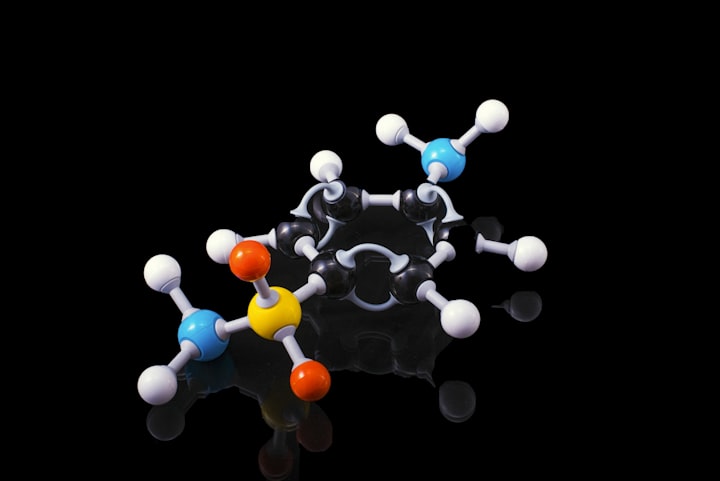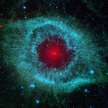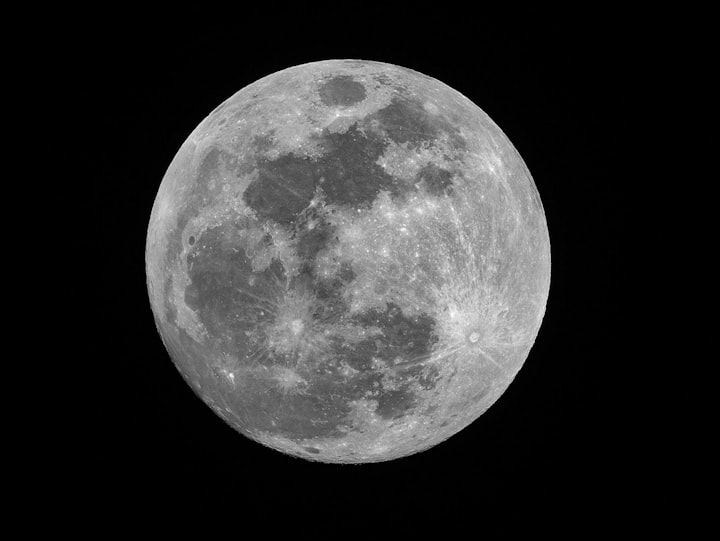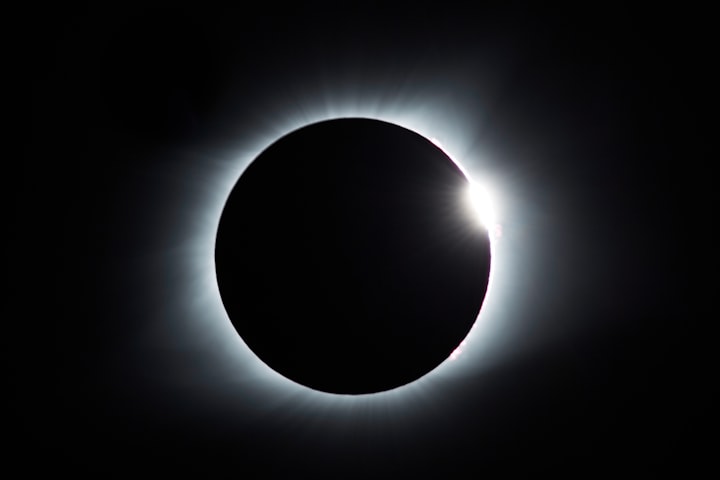Atoms Are Extremely Small
Atoms are the smallest particles of chemical elements.

British spelling.
Atoms are the basic building blocks of everything that can be seen or touched, including me, you, and every other living thing on our planet.
Apart from a hydrogen atom, which contains just one proton and one spinning electron, other types of atoms are made up of various amounts of protons, neutrons, and electrons.
A chemical element is a pure substance made of atoms that have the same number of protons in their nucleus, and the number of protons is known as their atomic number.
There are about 90 naturally occurring elements that make our planet.
The mass of an atom is the total number of protons and neutrons combined. To give you an idea of the size of an atom and how small they are, take a human being of 70 kilograms in weight.
The total number of atoms making up that person's body is estimated to be 7 octillion, which is a staggering 7,000,000,000,000,000,000,000,000,000 atoms!
During our lives, vast amounts of atoms keep joining and leaving our bodies.

Image credit, rahmani KRESNA on Unsplash
The three most common atoms by mass that make up 99% of the human body are oxygen, carbon, and hydrogen. When we die, all the elements that we were made of will dissipate over time, eventually becoming part of other objects or even other living things in the future.
Under normal conditions, atoms cannot be destroyed; they just keep on being recycled.
A molecule is an electrically neutral group of two or more atoms held together by chemical bonds; they can be simple or complex.
To give an example, a water molecule consists of one oxygen atom and two hydrogen atoms bonded together. A carbon dioxide molecule consists of one carbon atom and two oxygen atoms bonded together.
Matter is the term used for material that takes up space. It is all around us; it is the air you breathe, the shoes you wear, the water in your glass, and everything you can touch and smell. It is what we are.
Anything that has mass is matter, and the three most commonly known states are solid, liquid, and gas. The difference in the structure of each state is described as the densities of the particles.
It took roughly 380,000 years after the birth of the universe for electrons to be trapped in orbits around nuclei, thus forming the first atoms.
These new atoms formed the first low-mass elements, mainly hydrogen and helium. Hydrogen is still the most abundant element in the universe today.
As I said, a simple hydrogen atom contains just one proton at its centre and one spinning electron. You could say that most of an atom is empty space.

Image credit, Steve Johnson on Unsplash
To give an idea of how far the electron could be from the nucleus of a hydrogen atom, imagine this: scale up the atom so that the proton is the size of a golf ball.
At that scale, and at certain times, the electron could be as far as 2 kilometres from the centre of the atom, giving the atom a diameter of roughly 4 kilometres.
An atom can be 0.1 to 0.5 nanometers in diameter. There are 1,000,000,000 nanometres in one metre. Yes, they are unemaginably small
The end
-
To be honest, I am not an astronomer, cosmologist, or biologist, but my interest in the universe and life goes back many years. The information in my articles is, to the best of my knowledge, accurate.
-
You may find some of my easy-to-understand stories about the universe and life interesting and educational. Please go to my profile. Enjoy
About the Creator
A B Forbes
Someone with a lifelong passion for that gargantuan area we call the universe. I also write stories about life itself. Enjoy






Comments
There are no comments for this story
Be the first to respond and start the conversation.